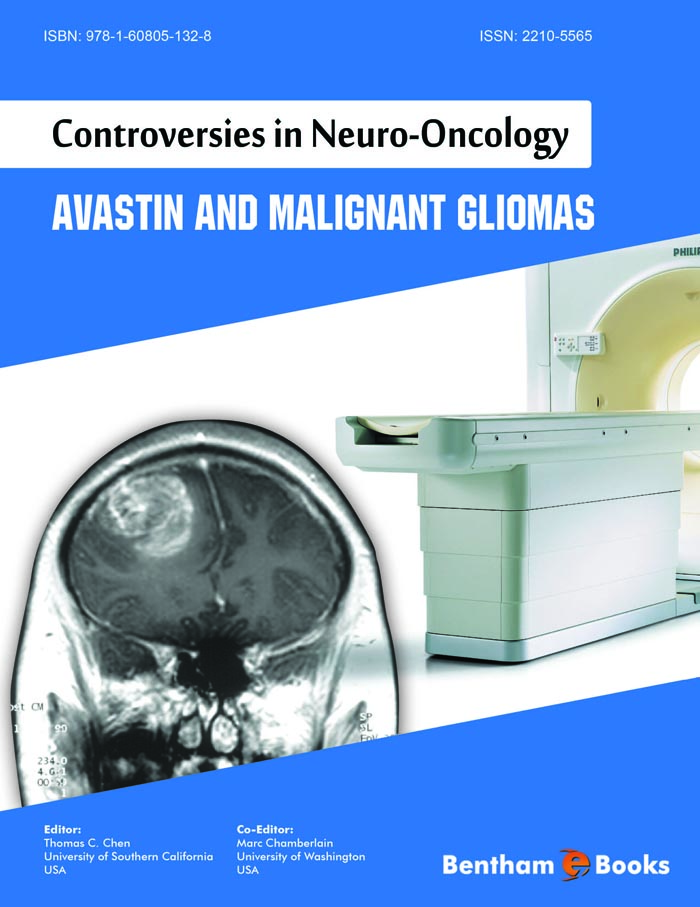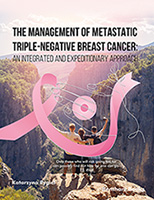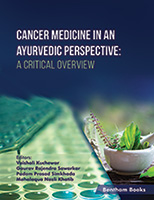Introduction
Neuro-oncology is an embryonic field of cancer research with a number of clinical trials in progress. However, the prognosis on neuro-oncologic patients has remained poor. Moreover, several small scale phase I/II trials performed have proved to be inconclusive because of the limited number of patients involved. As a result, many controversies exist in neuro-oncology drug development for which a forum does not exist. This ebook presents a detailed account on the use of avastin in treating cancer patients. A discussion on clinical experiences and the controversial debate among researchers of avastin's role in restricting malignant gliomas is also included giving readers a diverse perspective on the rationale of treating CNS tumors.





